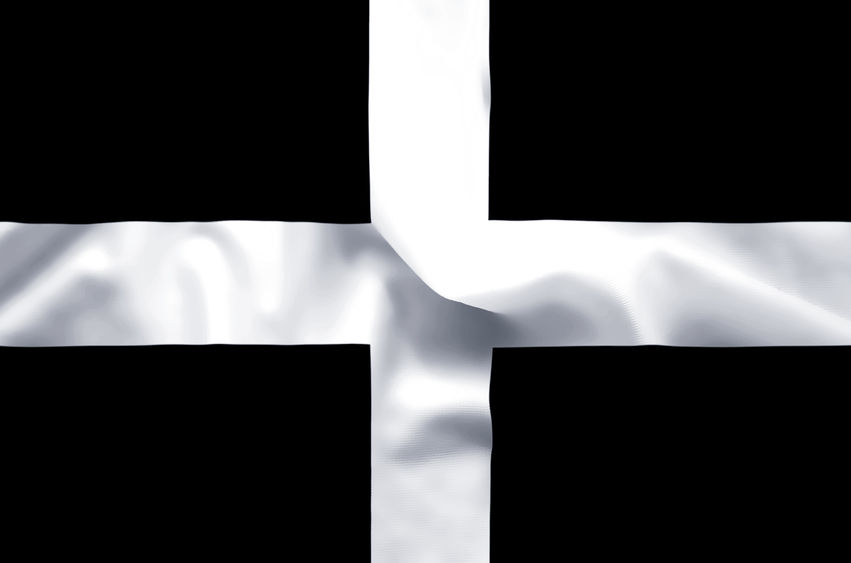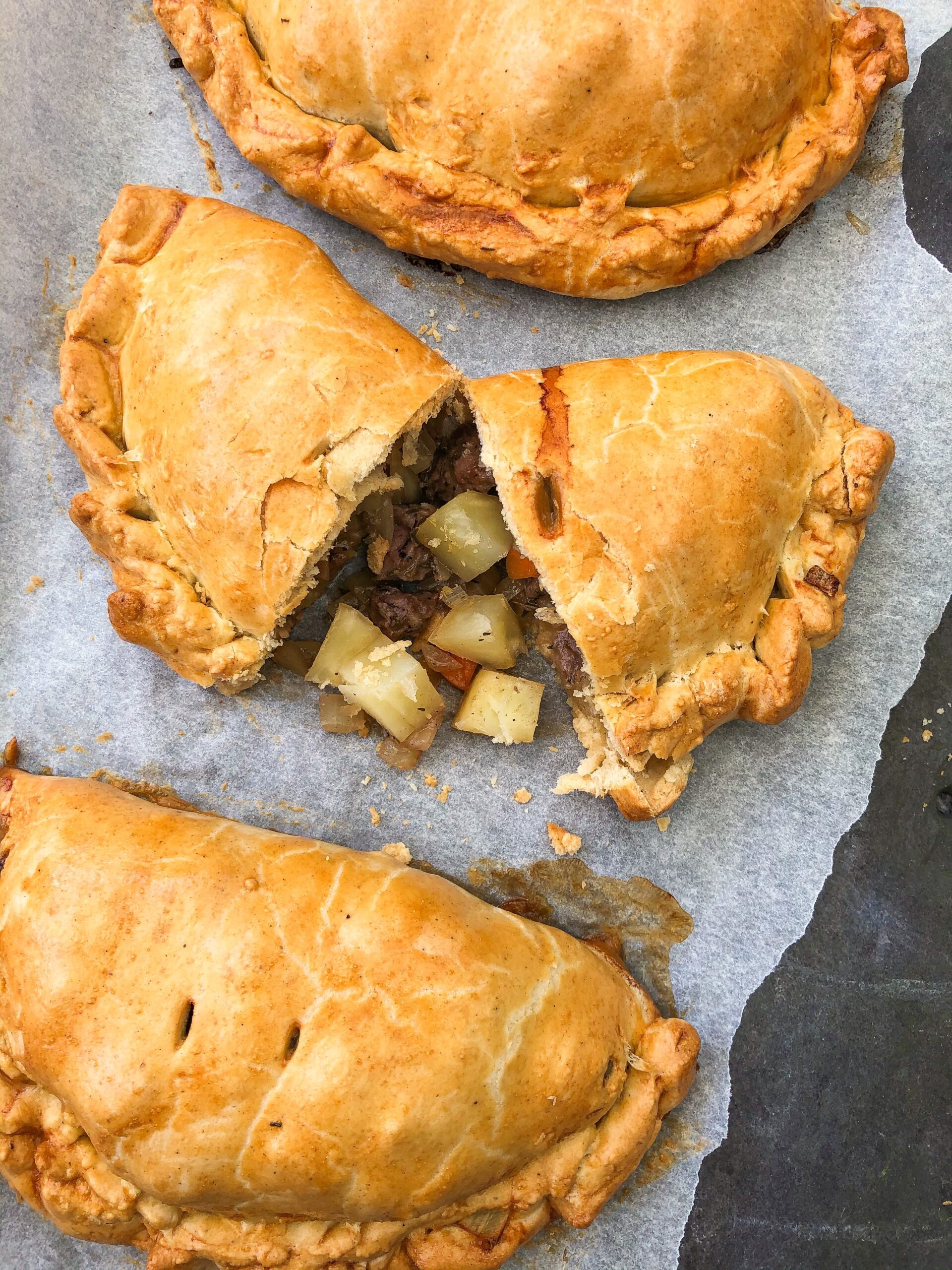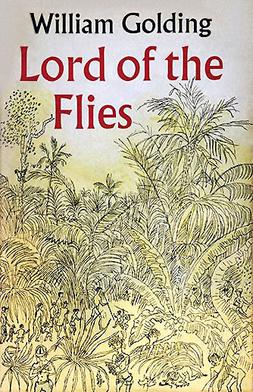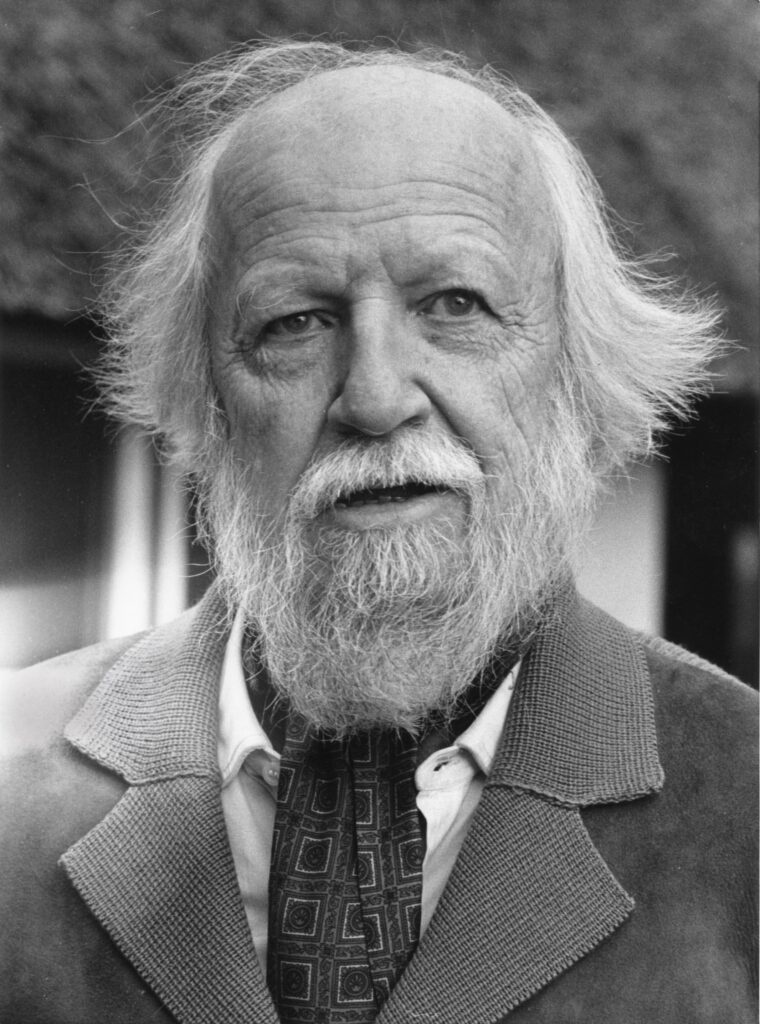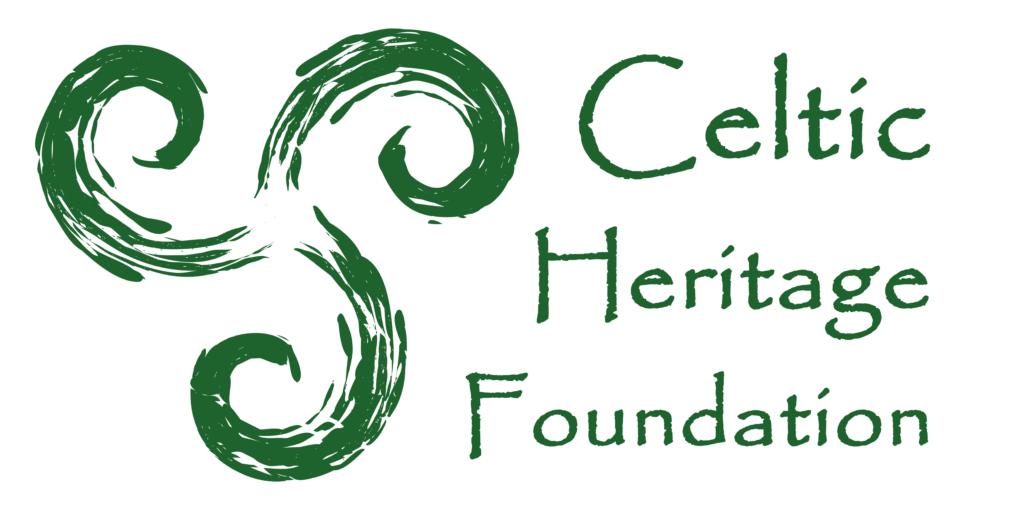Cornwall



A Brief History
Humans inhabited Cornwall after the end of the last ice age. A rocky outcrop jutting into the sea and separated from the mainland by the River Tamar Cornwall's geography created a natural isolation from the rest of the British Isles.
In first recorded history the language was Common Brittonic which evolved into the Cornish language. Although the Romans ruled on the Island until the early 3rd century and Saxons after them, the geographic isolation of Cornwall enabled them to retain their culture and most autonomy. It would not be until the 9th Century that Cornwall would fall and come under England's control.
In the early 11th century, the Vikings annexed much of the island but allowed Cornwall (along with Wales and Scotland) to be independent for an annual payment of tribute. This was only to last a few decades before England came back into power and replaced the Cornwall landowners with English.
Even with English rule, the culture of Cornwall was maintained. They still spoke the Cornwall language, still descendants from the Britons (vs. the Saxons of England that is now known as British), and continued their dress, naming conventions, games, and stories.


